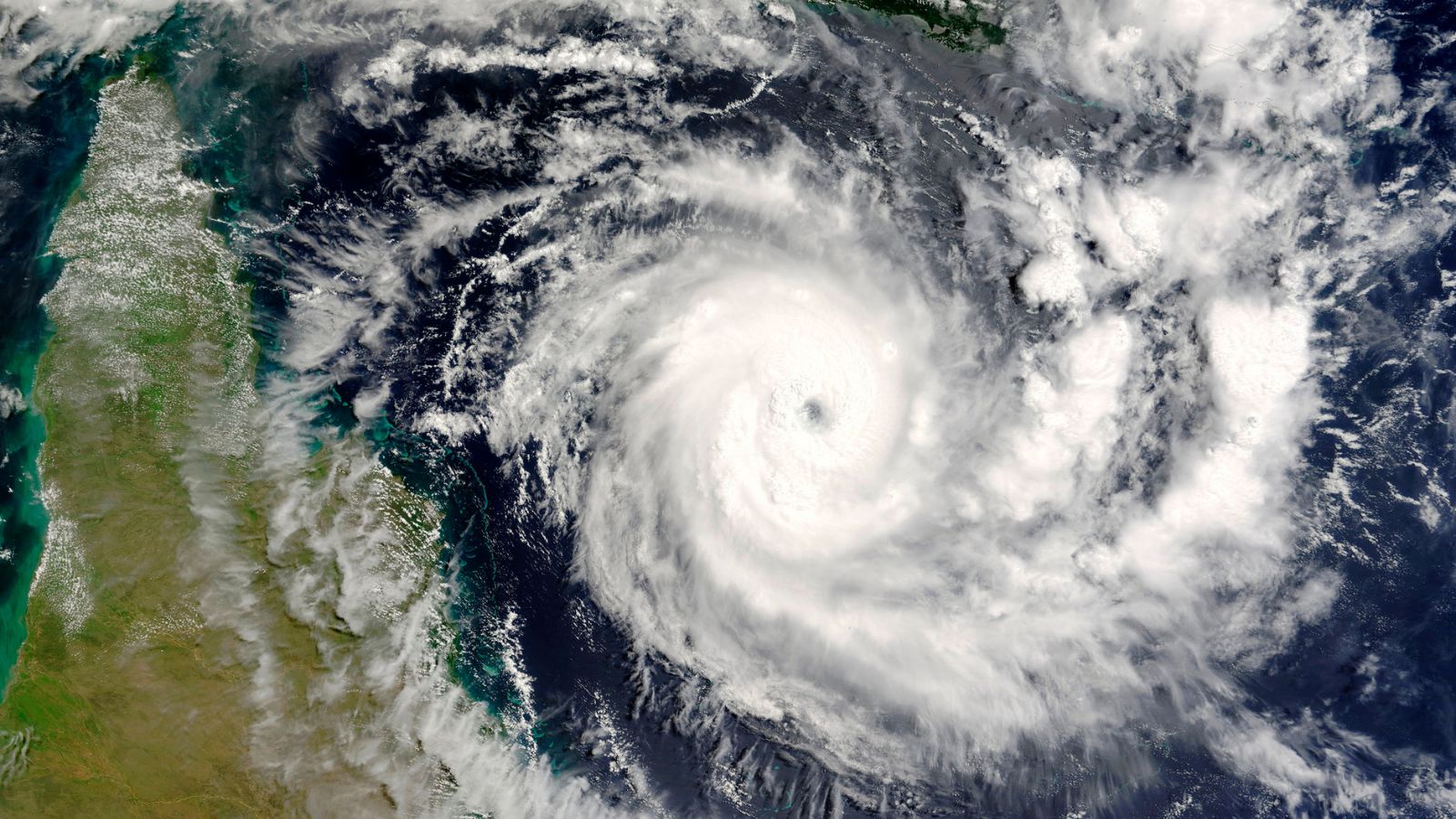The word ‘cyclone’ is synonymous with the devastating power of nature. Dictionaries define cyclone as a large, spinning storm with a low-pressure center surrounded by strong winds and heavy rain. The word traces its origins to the Greek word kyklon, meaning “to go around in a circle,” describing the spiraling motion of these massive storms.
The term was initially coined to describe the great storm waves that struck Coringa, a coastal town in present-day Andhra Pradesh, in 1789. This storm was one of the deadliest in history, claiming around 20,000 lives and causing widespread destruction. However, it wasn’t until the 1840s the word “cyclone” entered broader usage, thanks to the efforts of Henry Piddington.

Piddington was a British East India Company official, who was deeply involved in studying the destructive storms that frequently ravaged the Indian subcontinent. While analyzing the aftermath of another powerful storm in 1940s, he sought a term that could accurately capture the circular, swirling nature of these weather phenomena. Piddington thought he was using the Greek for the ‘coil of a snake’ while he actually used the Greek for a ‘circle.’ Nevertheless, the word still conveyed the circular motion of a cyclone.
Piddington’s use of the term in his reports popularized it, and it has since been universally adopted in meteorology to refer to large-scale air masses rotating around a strong center of low atmospheric pressure. The term is primarily used in the Bay of Bengal, South Pacific, and Indian Ocean regions. In other parts of the world, similar storm systems are known by different names: “hurricanes” in the Atlantic and Northeast Pacific, and “typhoons” in the Northwest Pacific.




2 thoughts on “Cyclone: How a Greek term captured the nature’s fury”
A very educative article on the origin of the word cyclone -I always thought it originated from the Indian subcontinent. A spice of history adds flavour to the article.
Thank you, Saanjoy. Always great to read your comments. Glad to come across the passionate etymologist in you.